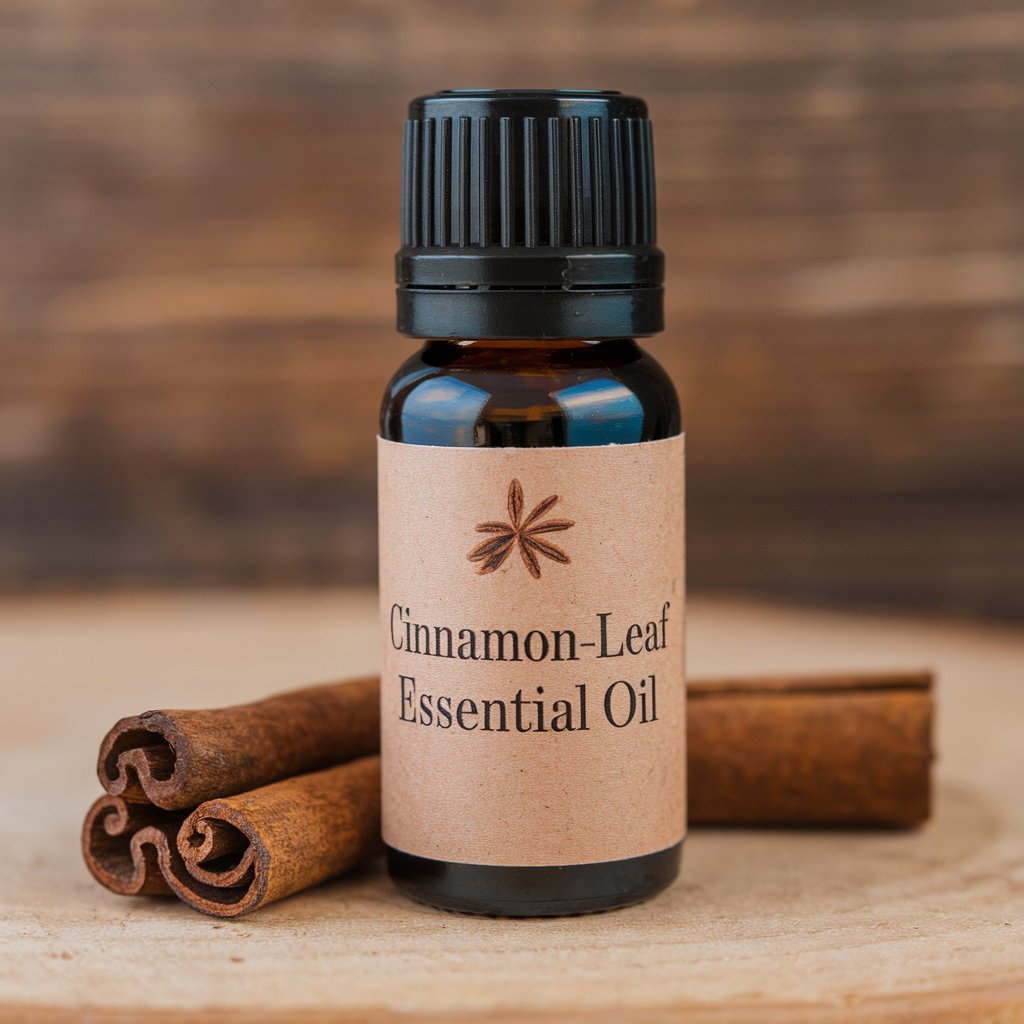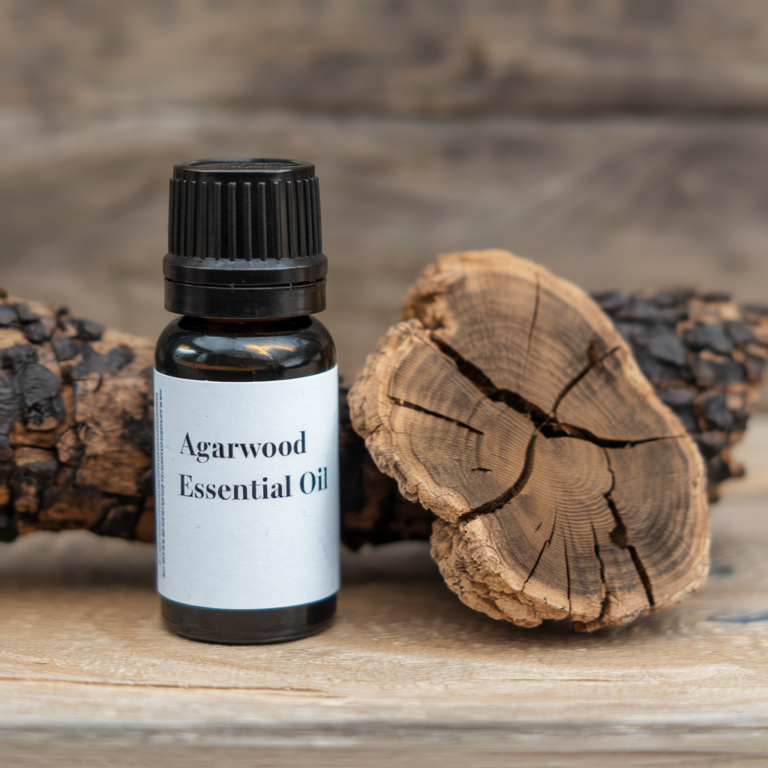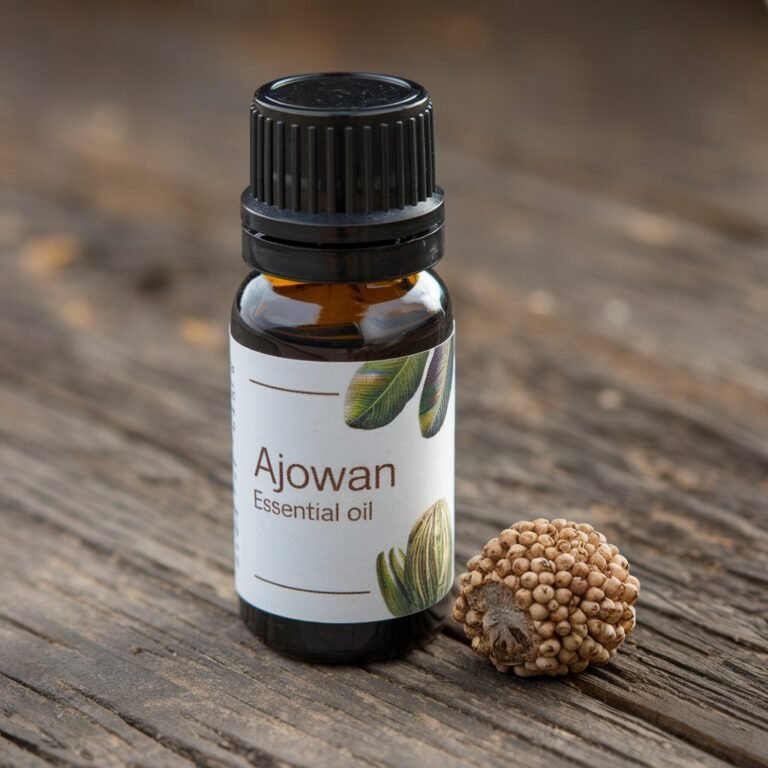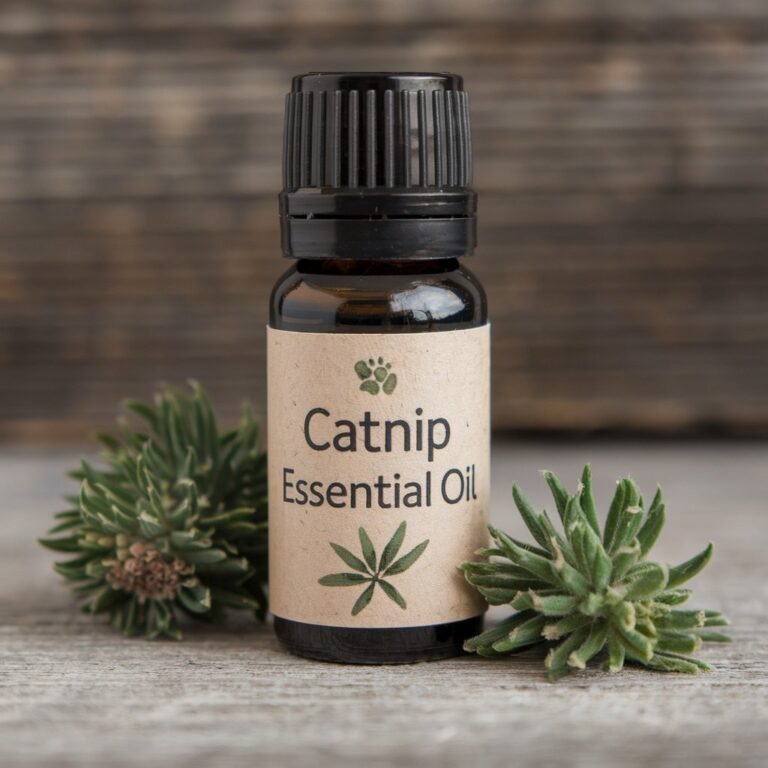Cinnamon-Leaf Essential Oil
Have you ever wondered about the myriad of benefits packed into just a few drops of cinnamon-leaf essential oil? When people mention cinnamon, the familiar image of a warm, comforting spice often comes to mind, whether invoked by memories of a freshly baked pie or the subtle spice in your morning chai. Yet, beyond its culinary delight lies the unsung hero: cinnamon-leaf essential oil. Let's explore this aromatic gem, understanding its origins, benefits, and how it can add something special to your life.
Recommended Brands:
Cinnamon Leaf Organic Essential Oil by Amrita

This image is property of images.unsplash.com.
What is Cinnamon-Leaf Essential Oil?
Cinnamon-leaf essential oil is derived from the leaves of the cinnamon tree, scientifically known as Cinnamomum verum or Cinnamomum zeylanicum. Unlike the more commonly known cinnamon bark oil, this variant boasts a distinct profile and offers unique benefits. The oil is extracted through steam distillation, which captures the essence of the leaves, condensing it into an oil that is both potent and versatile.
Distinguishing Between Leaf and Bark Oil
Cinnamon-leaf oil has a warmer, muskier scent compared to its counterpart, which has a sweet and spicy aroma. This is due to the chemical composition; cinnamon-leaf oil contains more eugenol, giving it a warm, clove-like scent, while the bark oil is rich in cinnamaldehyde, imparting a sweet-spicy fragrance. Understanding these differences can help you choose the right oil for your specific needs.
Historical Context
The use of cinnamon dates back centuries, featuring prominently in ancient texts and traditional medicine. Known for its extensive trade routes, cinnamon was once more valuable than gold. Cinnamon-leaf oil, though lesser-known, shares a rich historical legacy. Its use in traditional medicine spans continents, recognized for its potential medicinal properties.
Traditional Uses
Used in Ayurvedic and traditional Chinese medicine, this oil was believed to remedy a range of ailments. From pain relief to promoting better circulation, the ancients certainly seemed to understand its multifaceted benefits long before modern science confirmed many of these uses.
Health Benefits of Cinnamon-Leaf Essential Oil
The reason cinnamon-leaf oil has been cherished across different cultures might just lie in its potential health benefits. It’s like having a little wellness wizard in a bottle.
Antimicrobial Properties
Cinnamon-leaf essential oil is prized for its antimicrobial properties. The eugenol component helps combat bacteria and fungi, making it a natural choice for cleaning solutions and in maintaining a hygienic environment. Many individuals find it helpful in making DIY cleaning products that smell fantastic and serve a mighty purpose.
Pain and Inflammation Relief
Whether from a sore muscle or an aching joint, pain is a constant reminder of our physical boundaries. Thanks to its anti-inflammatory properties, using a blend of cinnamon-leaf oil with a carrier oil can provide relief from muscle and joint pain. Applied topically, it can enhance circulation and offer a comforting warmth, easing discomfort.
Improving Circulation
Cinnamon-leaf oil is known to boost circulation, which can promote healing processes and contribute to overall vitality. A gentle massage with cinnamon-leaf oil-infused cream can invigorate and rejuvenate tired muscles.
Recommended Brands:
Cinnamon Leaf Organic Essential Oil by Amrita
How to Use Cinnamon-Leaf Essential Oil Safely
To reap the benefits of this essential oil, using it safely and correctly is paramount. Here's how you can incorporate it into your daily regimen.
Dilution and Topical Application
Direct application of essential oils can sometimes cause irritation. Diluting a few drops of cinnamon-leaf oil with a carrier oil like coconut or jojoba oil ensures safe use while maximizing its benefits. It's wise to conduct a patch test to ensure there's no skin sensitivity.
Aromatherapy
Incorporating cinnamon-leaf essential oil into aromatherapy practices can enhance your environment's ambiance. Its warm fragrance not only uplifts the spirit but can create a cozy, inviting atmosphere in any space. Burning a few drops in a diffuser could be all it takes to turn a mundane day into a pleasant retreat.
Pros and Cons of Cinnamon-Leaf Essential Oil
As with any natural product, cinnamon-leaf essential oil comes with its own set of advantages and drawbacks. Understanding these will guide you in making informed decisions.
| Pros | Cons |
|---|---|
| Natural antimicrobial agent | Can cause skin irritation if not diluted properly |
| Supports pain relief and reduces inflammation | Not recommended for use during pregnancy |
| Boosts circulation and general vitality | May cause allergic reactions in sensitive individuals |
| Offers a warm, inviting aroma for aromatherapy | Regular exposure could lead to sensitization |
Comparing Cinnamon-Leaf Essential Oil to Other Oils
Cinnamon-leaf essential oil is unique, but how does it stack up against other essential oils? It compares favorably when it comes to specific properties, yet each oil has individual traits that might be more suitable for particular needs.
| Essential Oil | Main Benefits | Scent Profile |
|---|---|---|
| Cinnamon-Leaf | Antimicrobial, anti-inflammatory | Warm, clove-like |
| Lavender | Relaxation, stress relief | Floral, sweet |
| Tea Tree | Antimicrobial, skin care | Medicinal, earthy |
| Eucalyptus | Respiratory health, decongestant | Fresh, camphoraceous |
| Peppermint | Energy boost, digestive aid | Cool, minty |
Application in Everyday Life
Incorporating cinnamon-leaf essential oil into your daily routine can be a rewarding experience. Its versatile applications expand beyond mere topical treatments or aromatic uses.
Household Cleaner
Create a homemade cleaning spray by combining vinegar, water, and a few drops of cinnamon-leaf essential oil. This solution not only sanitizes but fills your space with a delightful aroma, making the chore of cleaning a tad more enjoyable.
Personal Care Products
Add a few drops of cinnamon-leaf oil to your usual shampoo or conditioner. Its invigorating properties can contribute to a healthier scalp and add a subtle, warm fragrance to your hair care routine.
Purchasing Tips and Storage
When purchasing cinnamon-leaf essential oil, quality matters. Ensuring the authenticity and purity of your essential oil choice is crucial for achieving the best results.
Choosing Quality Essential Oils
Seek out oils that are certified pure therapeutic grade (CPTG) and sourced from reputable suppliers. Check labels for purity and look for third-party certifications to guarantee you are getting what you pay for.
Proper Storage
Like other essential oils, cinnamon-leaf oil should be stored in a dark, cool place to prevent degradation. Keeping the bottle away from direct sunlight and tightly sealed will prolong its shelf life and potency.
Potential Side Effects and Precautions
While generally safe for most individuals, it's important to recognize possible side effects and take necessary precautions.
Allergic Reactions
Individuals with sensitive skin may experience irritation or an allergic reaction. Conducting a patch test before wider application can prevent adverse reactions.
Pregnancy and Health Conditions
Cinnamon-leaf essential oil is not recommended for pregnant women or individuals with certain health conditions like peptic ulcers. Consulting with a healthcare professional before use is advisable.
The Broader Impacts of Cinnamon-Leaf Oil
Appreciating the broader impacts of cinnamon-leaf essential oil adds depth to our understanding. The sustainable sourcing and potential health benefits position this oil as an asset in both the wellness and natural living arenas.
Sustainability Practices
Sourcing practices for essential oils like cinnamon-leaf oil affect the environment. Supporting suppliers that engage in ethical and sustainable farming and distillation practices helps preserve ecological balance and supports local communities.
Future Research Directions
Though much is known about the benefits of cinnamon-leaf essential oil, continued research will likely unveil further uses and benefits. The intersections of traditional knowledge and scientific research could unlock even more potential, expanding its applications in health and wellness.
Conclusion
Cinnamon-leaf essential oil offers a tantalizing range of benefits and applications, transforming ordinary routines into extraordinary experiences. Though small in size, the essence captured in each drop reflects a rich history, a commitment to health, and an invitation to engage with the natural world in meaningful ways.
Recommended Brands:




